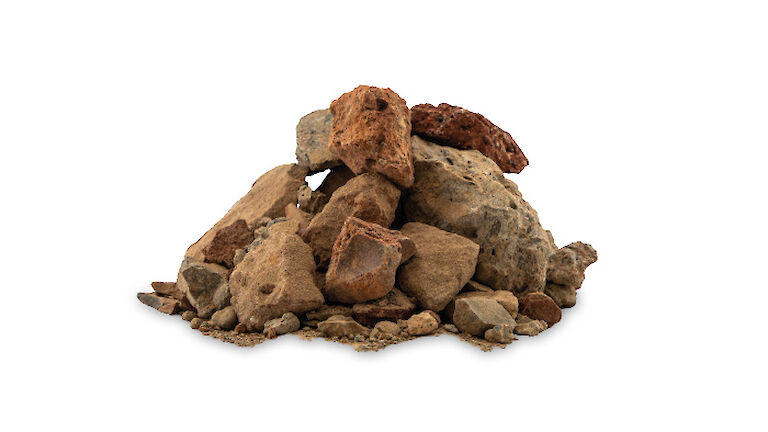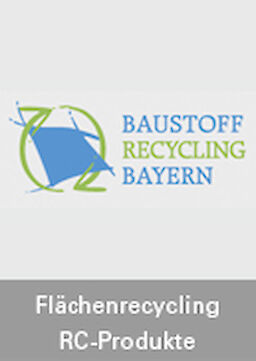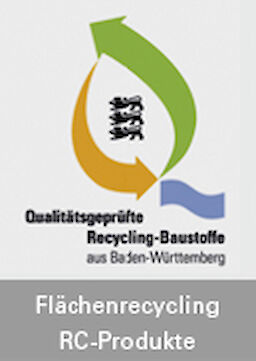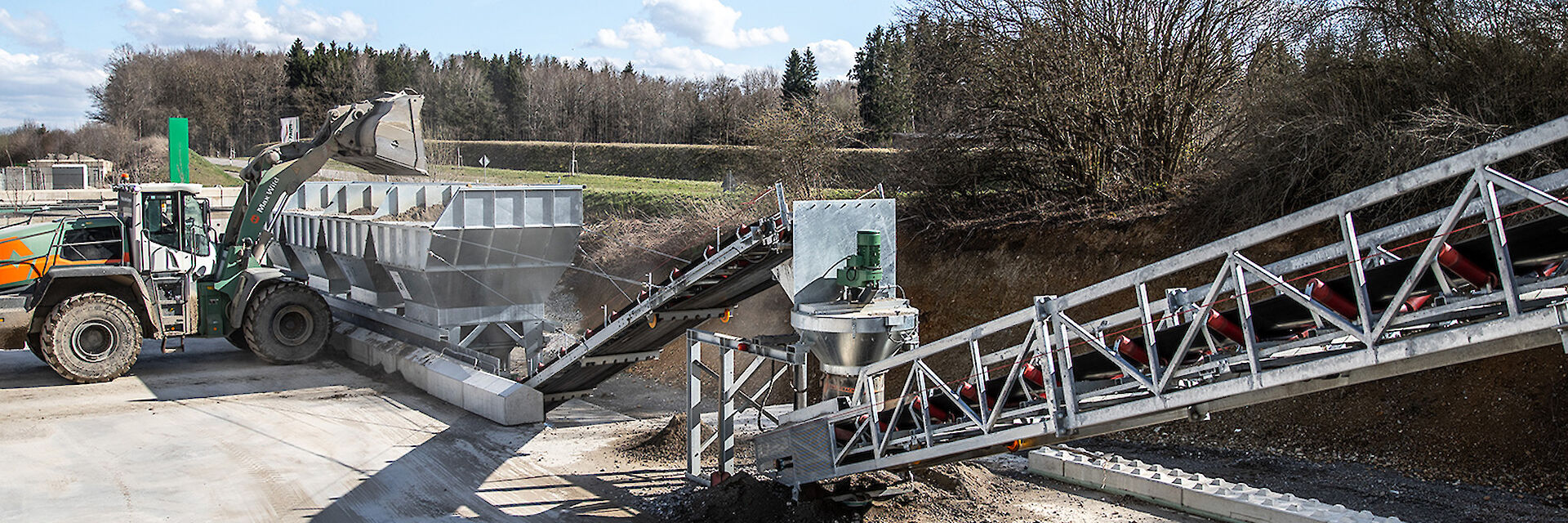
Recycling materials Manufacturing of quality monitored recycling construction material
Mineral waste represents the biggest waste mass flow of the federal republic with 218.8 mio. tons (source: Bundesvereinigung Recycling-Baustoffe e.V.)
This enormous amount of material is made up of soil and stones, construction waste, road scarification and other mineral construction waste.
Max Wild offers comprehensive recycling competences and the latest preparation engineering in order to manage these masses in an ecologically and economically sustainable way and thus generate recyclable secondary raw materials from mineral waste.
Recycled building materials support the circular economy, conserve natural resources, reduce the need for landfill capacity, lower emissions and can save on construction costs.
Your advantages as a constructor when using recycling construction material:
- You purchase high-quality, structurally engineered flawless construction material which are equal to natural building materials
- With recycling construction material, you can construct more environmentally friendly and sustainable
- You will receive a product that has been tested for environmental analysis and is ideally suited for the intended use
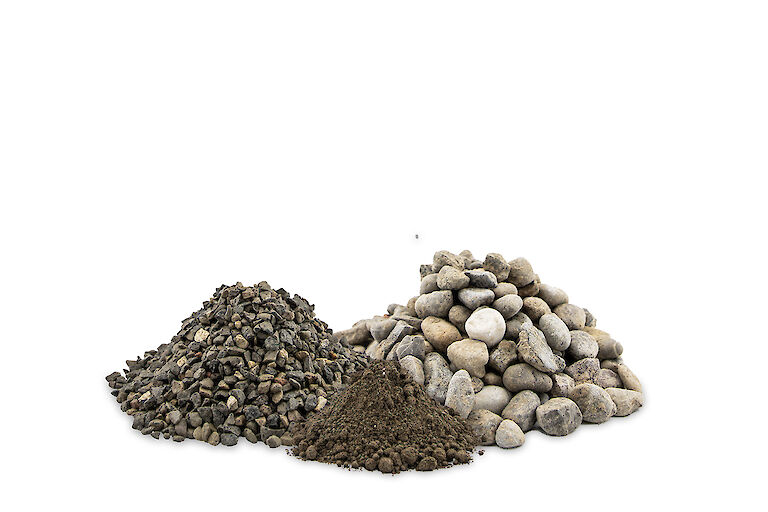
Contact persons
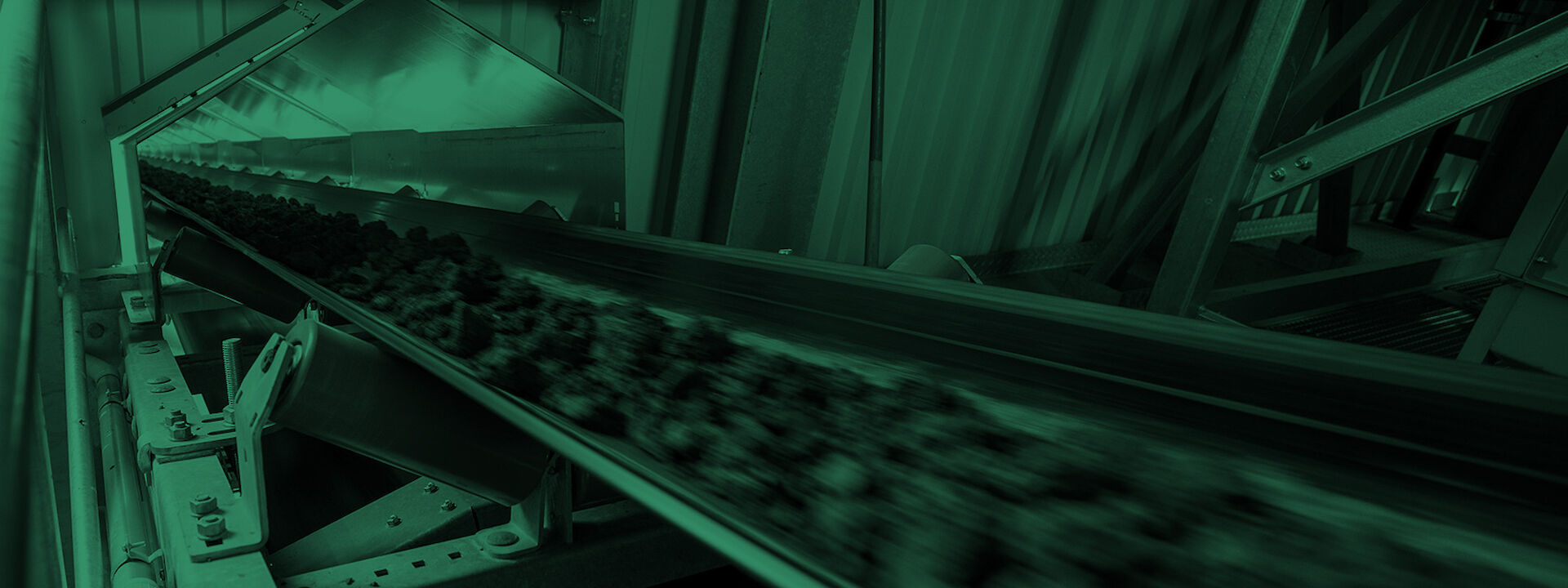
Circular construction materials from wet mechanical processing
The main cleaning capacity of the facility consists in the classification of the charging material into different, quality monitored aggregates as well as a filter cake material (pollutant sink). The sand and gravel fractions obtained through processing can be returned to the economic cycle as an equivalent secondary raw material.
- Aggregate for concrete according to EN 12620 according to the standard requirements of DIN 1045 Part 2 and Annex U and according to DIN 4226 part 101 and 102
- Track ballast according to EN 13450 and the technical delivery conditions DBS 918 061
- Aggregates for asphalt and surface treatments for roads, airfields and other traffic areas according to EN 13043 and TL Rock-StB 04/18
- Building material mixtures and soils for the production of layers without binders in road construction according to TL SoB-StB 20
Wet mechanical processed material at a glance
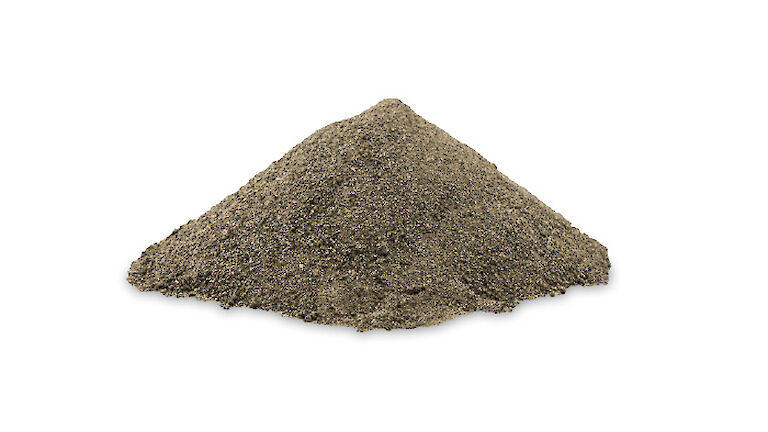
RW sand 0/1 (self-monitored) Kabelsand | Bettungssand (Leitungsbau)
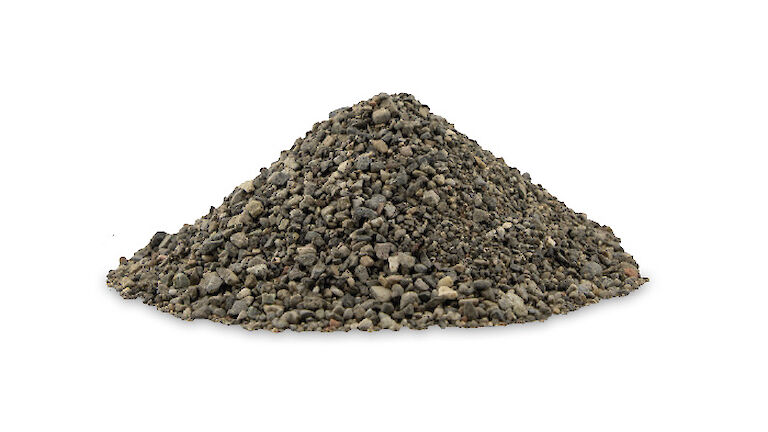
RW sand 1/4 (self monitored) Pflastersand (Bettung/Fuge)
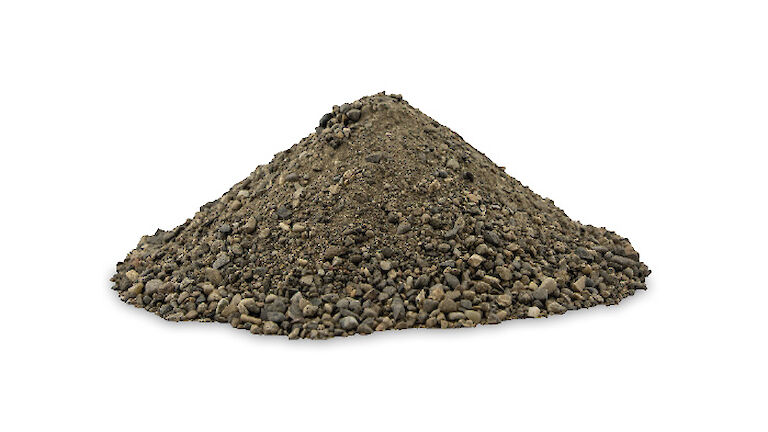
RW sand 0/4 (self-monitored) Kabelsand | Bettungssand (Leitungsbau)
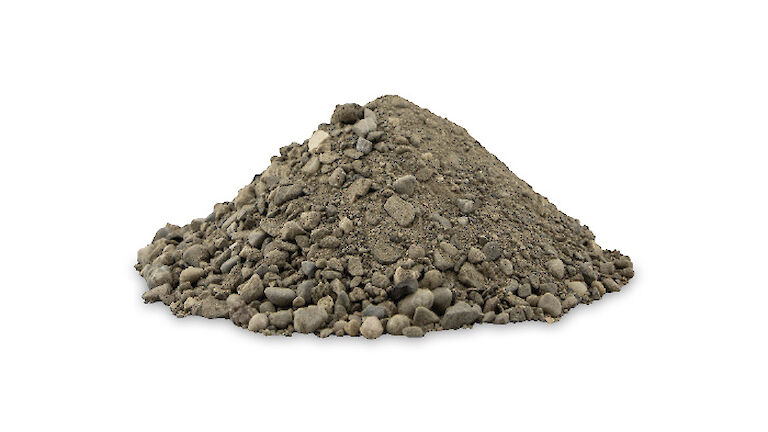
RW-sand 0/8 (self-monitored) Pflastersand (Beton/Fuge) | Schüttmaterial
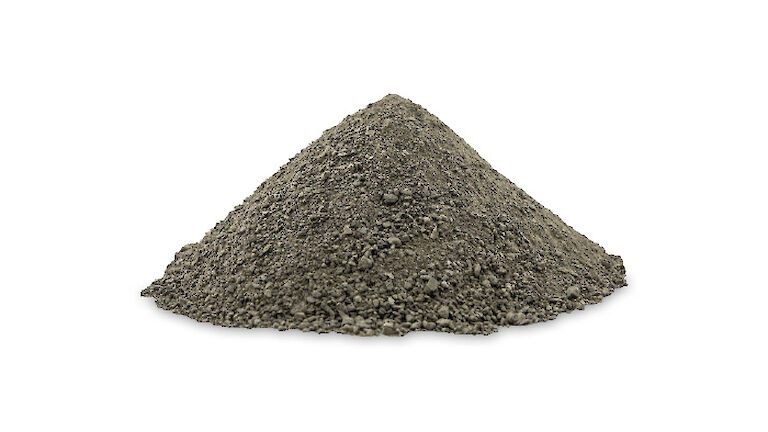
RW crushed sand 0/2 (self-monitored)
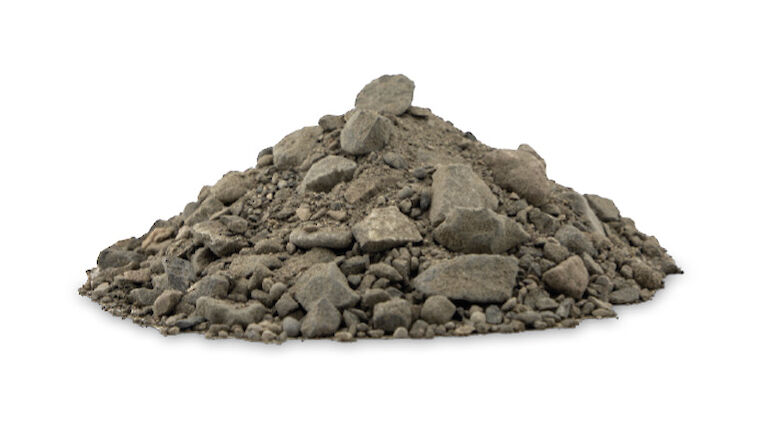
RW-gravel 0/16 (TL SoB-StB20) Frostschutzschicht | Deckschicht (Wegebau) | Schüttmaterial
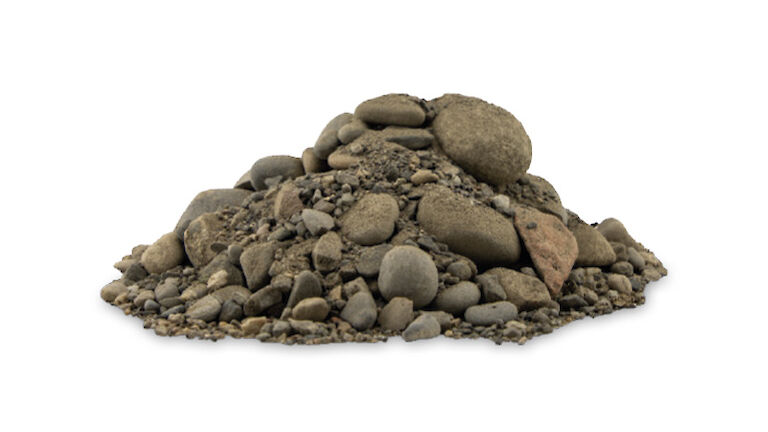
RW gravel 0/32 (TL SoB-StB20) Frostschutzschicht | Kiestragschicht | Schüttmaterial
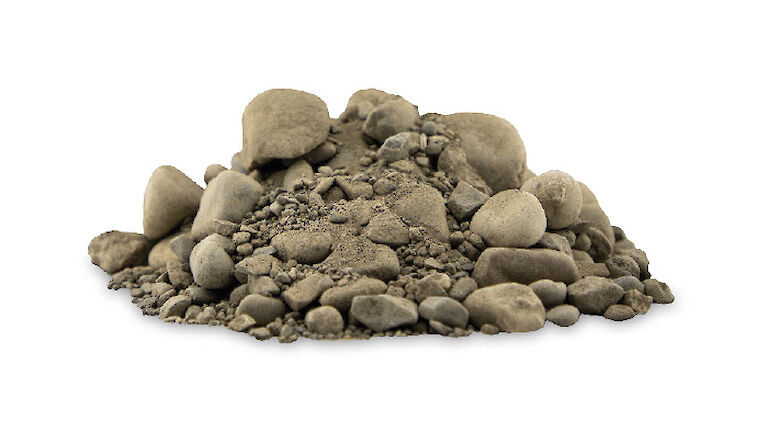
RW gravel 0/45 (TL SoB-StB20) Frostschutzschicht | Kiestragschicht | Schüttmaterial

RW hard stone 0/16 (TL SoB-StB20) Frostschutzschicht | Deckschicht (Wegebau) | Schüttmaterial
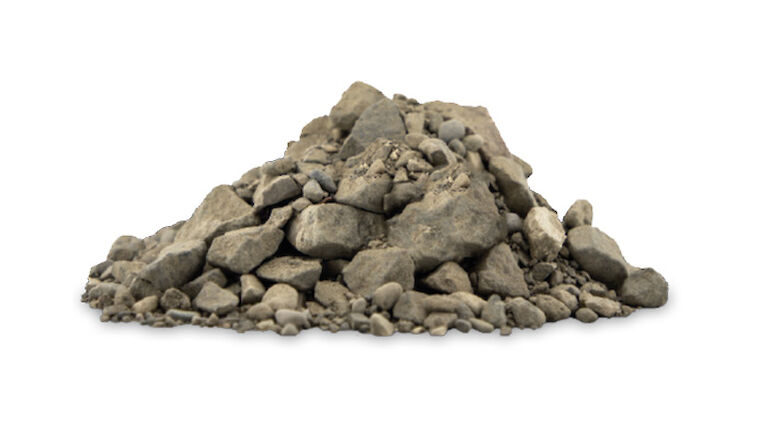
RW hard stone 0/16 (TL SoB-StB20) Frostschutzschicht | Schottertragschicht | Schüttmaterial
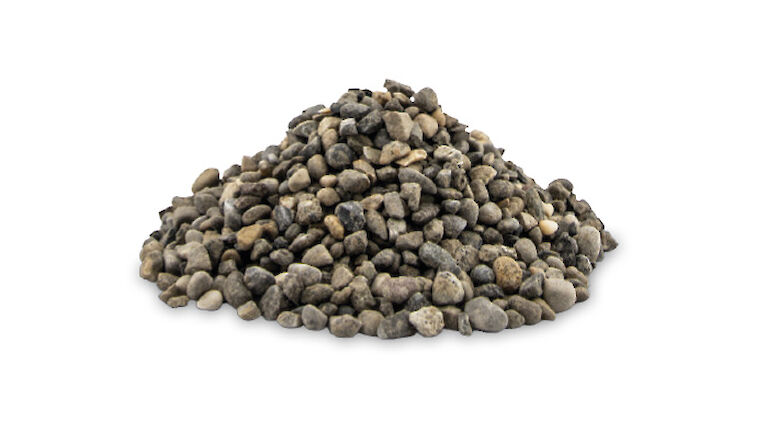
RW gravel 4/8 (EN 12620) Gesteinskörnung für Beton
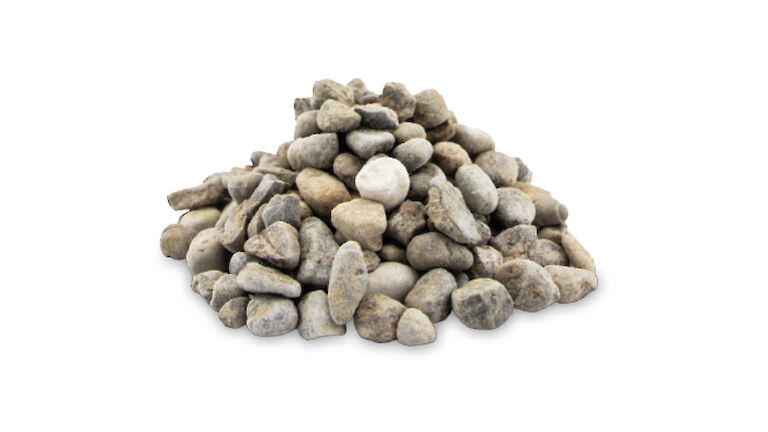
RW gravel 8/16 (EN 12620 Gesteinskörnung für Beton
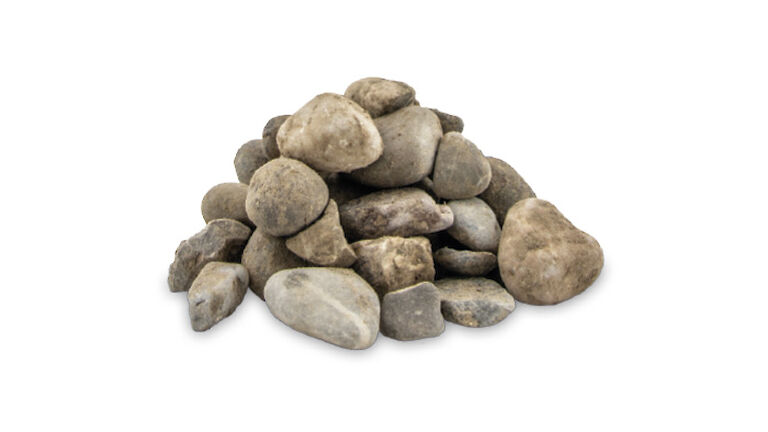
RW gravel 16/32 (EN 12620) Gesteinskörnung für Beton
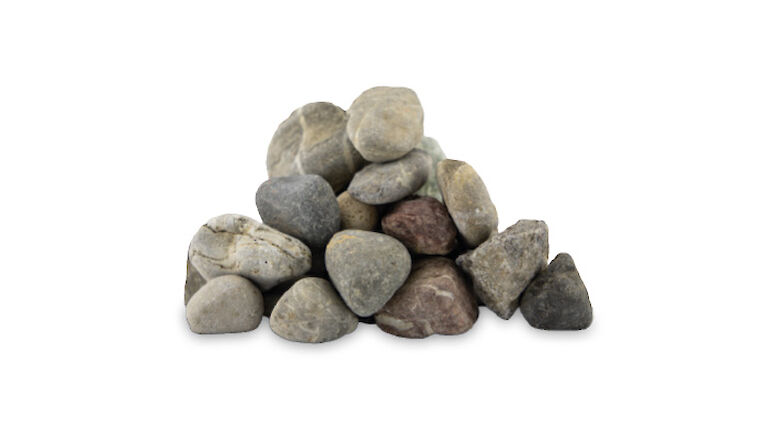
RW gravel 32/63 (self-monitored)
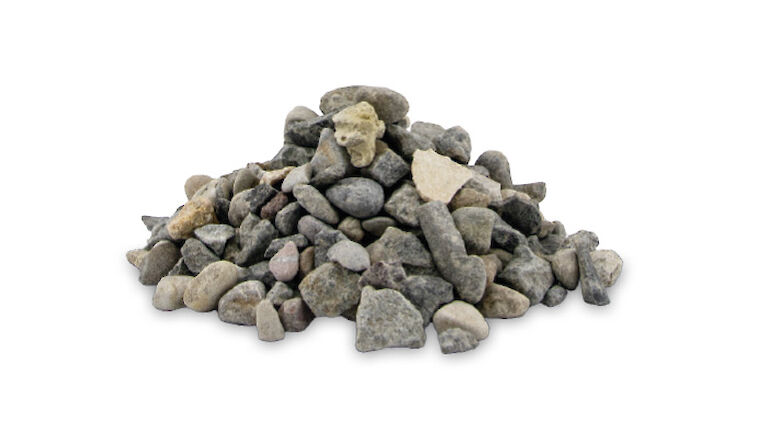
RW hard stone 8/16 (EN 12620) Gesteinskörnung für Beton
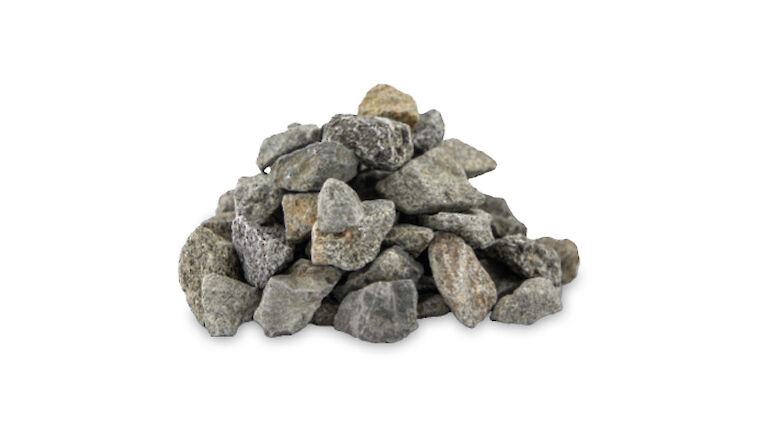
RW hard rock 16/32 (EN 13043) Gesteinskörnung für Asphalt
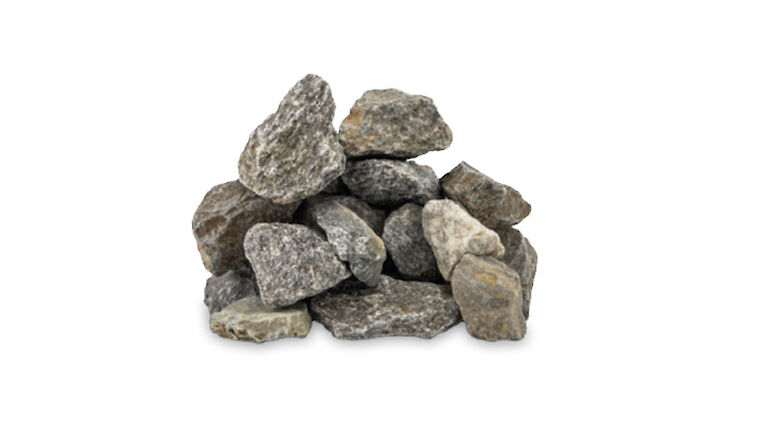
RW hard stone 32/63 (EN 13450) Gesteinskörnung für Gleisschotter

Circular building materials from dry mechanical processing
The mineral construction waste (concrete, bricks, road demolition, etc.) generated during renovation and demolition measures can be largely removed from interference and pollutants by a variety of modern techniques such as crushing, screening, sifting and sorting. Subsequently, they can be returned to the material cycle of the construction industry as quality-monitored and certified secondary building materials.
- Building material mixtures for the production of coatings without binders in road construction according to TL SoB-StB 20
Dry mechanically processed material at a glance
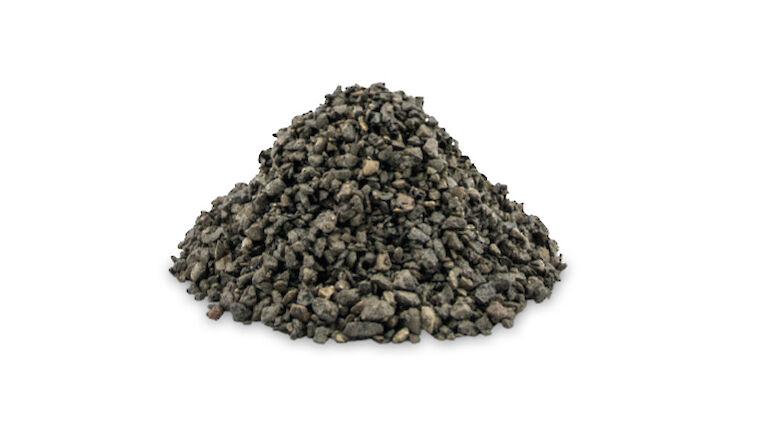
RW chippings 2/5 (self-monitored) Paving sand (bedding/funge)
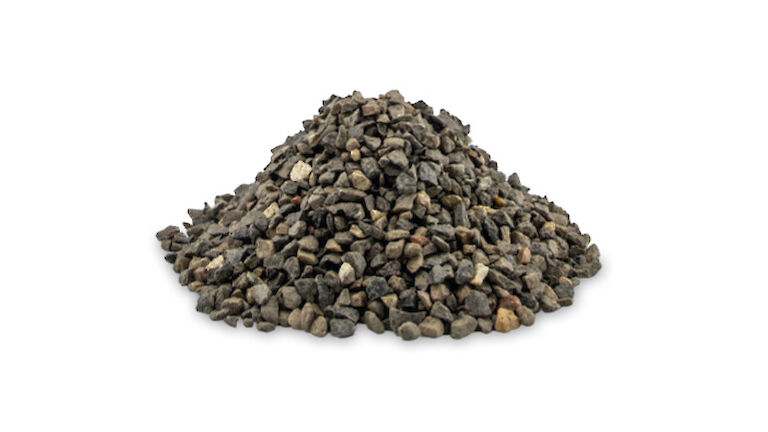
RW chippings 5/8 (self-monitored)
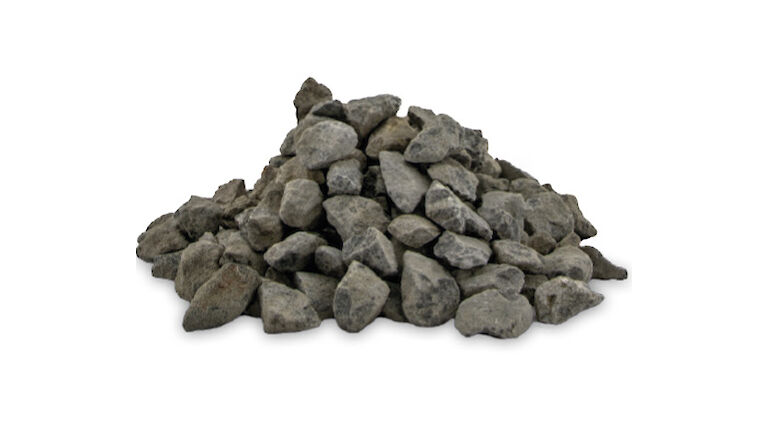
RW chippings 8/16 (self-monitored)
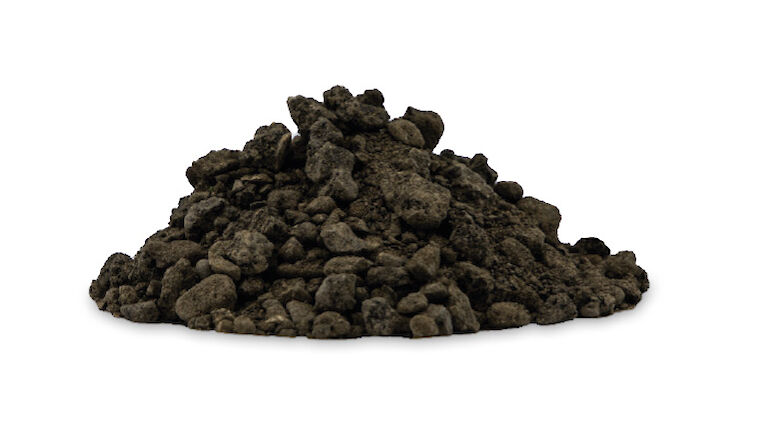
RC-Asphalt 0/22 (based on QRB BaWü and QUBA By) Surface course (road construction)
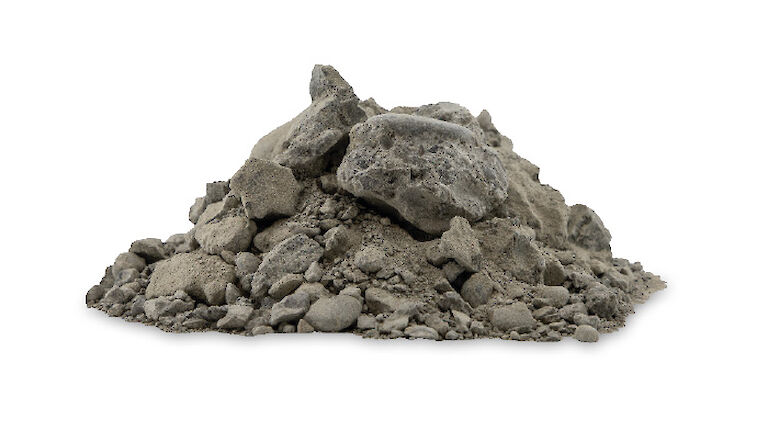
RC-Beton 0/45 (TL SoB-StB20 QRB BaWü QUBA By) Frost protection layer | Gravel base course | Bulk material
